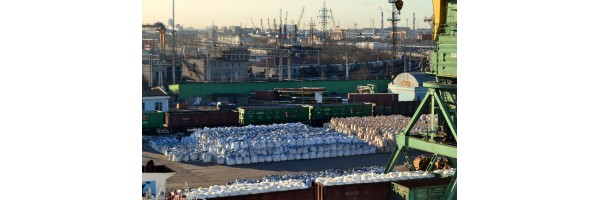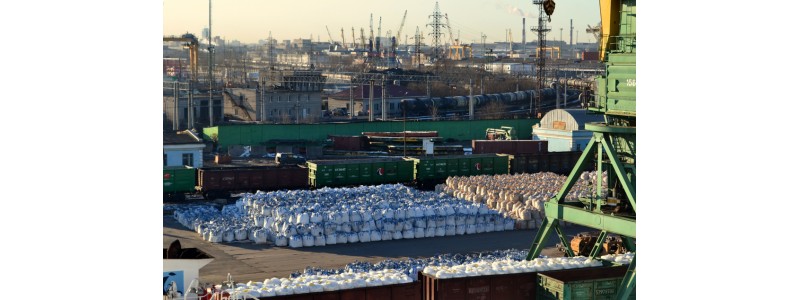
Bulk bags from Centurion Packaging are sometimes referred to as builders bags, tonne bags, FIBCs and dumpy bags by our customers.
We provide them in a range of sizes and specifications with different types used for many applications. Some of the product bags will have specific terminology attached to them that you may not understand. This is why we have put together a summary of terms used for bulks bags and what they mean, helping our customers make informed decisions about their purchases.
Explaining Technical Terms
Here are a number of terms frequently used in the bulk bag industry -
Available Class of Intermediate Bulk Container - Single trip, standard duty reusable or heavy-duty reusable bag.
Safe Working Load (SWL) - This is the capacity of the bag relating to the maximum weight or volume of product that your bulk bag can hold. The weight capacity will usually be shown in kilograms, ranging from 250kg and 2000kg.
Safety Factor - Regular bulk bags will have a safety factor of 5:1, which means that for example, a 1000kg capacity bag is guaranteed not to break, rip or tear with a weight of less than 5000kg. A safety factor of 6:1 is heavy duty or multi-trip FIBC which is made from thicker woven polypropylene body fabric and is tested to a higher standard.
Terms for Filling and Discharging Features
Plain Base - This is a standard flat base on the bottom of the bulk bag.
Lifting Loops - All FIBCs from Centurion Packaging come with four lifting loops as standard. These strong loops are sewn into each corner of the bag which allows the bag to be picked up and moved using a forklift truck.
Filling Inlet - This will be either a filling spout or a skirt top. A filling spout is a long tube that allows the contents to flow into the bag easily, whereas the skirt top is secured around the filling device which prevents any loss of contents and ensures all content flows easily into the bag.
Discharge Spout - This is a tube made from bulk bag fabric that is sewn onto the bottom of the bulk bag. When held over a hopper and the contents are discharged, this provides a consistent flow of contents from the bag.
Baffles - Additional internal baffles are sewn within corners of bulk bags which stabilise the bag which make it more rigid.
Food Grade - Food grade manufacturing relates to conditions where the bulk bag has been manufactured and stored before being delivered to customers. These particular conditions relate to strict standards that allow the bag to be suitable for use with foodstuffs. The following are the two main types of food-grade conditions -
Clean room is a manufacturing or storage facility that is free of loose threads, dirt and dust to stop any risk of contamination. This type of manufacturing process is more suited to animal feed and birdseed.
BRC compliant food-grade bulk bags are manufactured and stored in strict conditions to meet BRC standards, which ensures food-grade FIBCs are suitable to package food ingredients with no risk of contamination.
Need to Know More? Contact Us Now
If you have any more questions about FIBCs or bulk bags, please get in touch with Centurion Packaging today.

 5% OFF YOUR FIRST ORDER OVER £50! JUST USE COUPON “MY1STORDER” AT THE CHECKOUT FREE NEXT DAY DELIVERY FOR MOST UK MAINLAND ORDERS, PLEASE SEE T&C'S
5% OFF YOUR FIRST ORDER OVER £50! JUST USE COUPON “MY1STORDER” AT THE CHECKOUT FREE NEXT DAY DELIVERY FOR MOST UK MAINLAND ORDERS, PLEASE SEE T&C'S
.jpg)